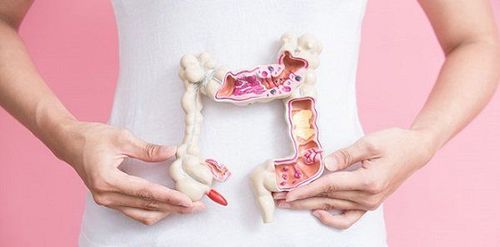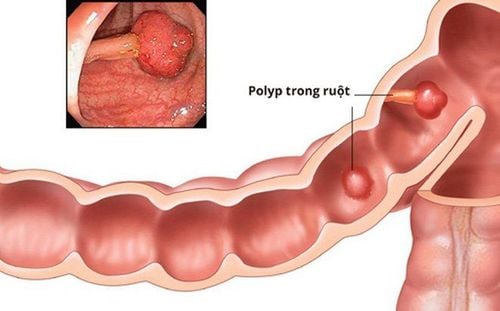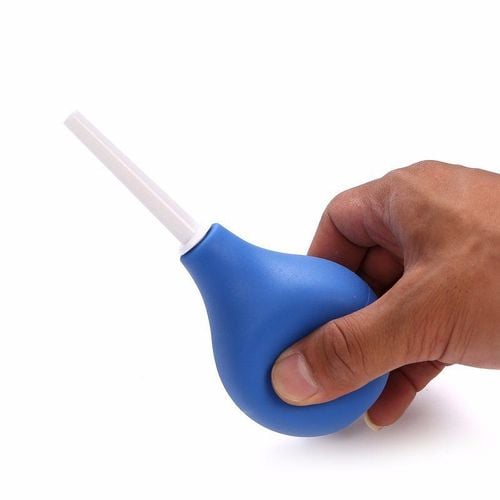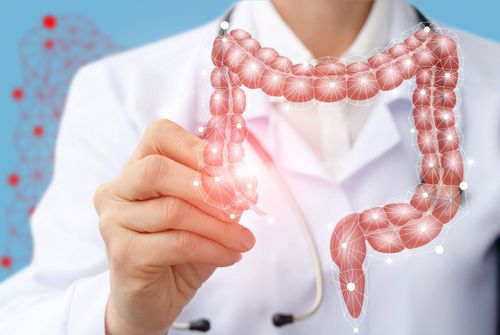This is an automatically translated article.
The article was professionally consulted by resident Doctor Le Thanh Tuan - Department of General Surgery - Vinmec Nha Trang International General Hospital. The doctor has extensive experience in examination, treatment and surgery of abdominal diseases.Before performing surgery, the patient prepares both mentally and physically, not only needs to be psychologically comfortable, but also needs to have a clean bath, pre-operative bowel wash and enema to facilitate the surgical process. , to avoid causing infection for the patient.
1. What to prepare before surgery?
Before surgery, patients need to be explained the purpose of surgery, the possibility of success and know the risk of complications after surgery may occur to them. The patient's family may also need to know about the patient's condition.In addition, patients need to perform a number of surgical procedures before surgery to avoid the risk of infection including:
Body hygiene with antiseptic: The patient must shower the day before surgery and the morning of surgery. Trim nails, remove nail polish, and remove jewelry... Shaving: In case of surgery in hairy areas such as armpits, genitals. The shaving time from shaving to surgery is as short as possible. Not shaving does not increase the risk of infection. Enema, bowel lavage: The intestines need to be cleaned the night before surgery, especially in colon surgery. The principle with colon surgery is to ensure that the colon is clean of feces, so the patient will be performed enema under the guidance of medical staff. Eating and drinking: The patient must completely fast for at least 8 hours and stop drinking water for at least 4 hours. The afternoon before surgery, the patient can eat light, thin food and then fast completely. Spirituality: Patients need to have relatives by their side to encourage and avoid anxiety and stress. Should go to bed early, can use sedatives before the night of surgery if the patient has difficulty sleeping.

2. Colon enema procedure
2.1 What is indentation? Enema is a procedure in which water is inserted into the rectum and colon to loosen hard stools and widen the intestines. When the intestinal wall is stimulated, it will contract and push the stool and air out. The purpose of enema is to clean the colon, remove stools, and nourish the patient.Indications for colon enema in the following cases:
Constipated patient Before gastrointestinal surgery Before enema of the intestines to take X-ray of the colon Before enema for drug absorption through the colon Before delivery Before colonoscopy, to observe and detect colonic lesions. Contraindicated in the following cases:
Typhoid with risk of intestinal perforation Enteritis Intestinal obstruction, intestinal volvulus Injury to the anus and rectum
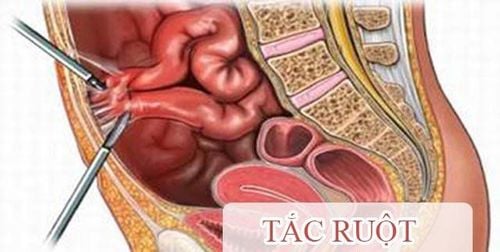
Step 2: Medical staff wash their hands before preparing tools, wear gloves.
Step 3: Proceed to bring the instrument to the technical place, and at the same time encourage the patient to endure when the feeling of water flowing in. Place the patient on the left side, the paralyzed patient lies on his back and place a pillow and nylon lining on the buttocks, covered with cloth to cover the patient's buttock area. Insert the canul into the rubber hose, connect the rubber hose to the hopper, and then pour water into the hopper. Hang up from the pole 50 - 80cm from the bed. Do not hang too high the water flows in with strong pressure to stimulate intestinal peristalsis to push the water out, not to go deep into the intestine, affecting the enema results and making the patient uncomfortable.
Step 4: Check the water again and try the indentation nozzle, apply lubricating oil to the canul or catheter tip. Remove the cloth, draw the patient's buttocks with one hand, hold the hose in the other hand, and gently insert the catheter or catheter into the anus about 2-3cm, bring it up and toward the front of the abdomen, then bring the hose back, put it about 1/ 2 or 2/3 enemas, gently put to avoid causing damage to the mucosa of the anus and rectum. When inserting the nozzle, remind the patient to open his mouth and breathe evenly. Unlock the water to flow slowly, holding the plunger or catheter in one hand to prevent it from coming out.
Step 5: Check for water entering the colon by observing the level of clear water or asking the patient if he or she feels water entering the intestines. If the water level remains the same, it can be hung up or pulled out a little water will flow. During enema, if the patient complains of abdominal pain, discomfort, or urges to defecate, then close the indentation valve for the patient to rest. Continue to indent the tower with lower pressure when the marks are above. When the clear water is almost completely drained, close the indentation faucet, gently pull it out, cover the nozzle with paper, put it in the bean tray or wipe it clean and then put it in a jar containing an antiseptic solution.
Step 6: Hang the rubber hose on the pole. Place the patient on his or her back, instruct the patient to try to hold off a bowel movement for 15 minutes, and place the potty or help the patient to defecate. When the patient has finished defecation, help the patient clean up. If the patient can do it himself, give the patient paper to clean. If the linen is wet, change the patient's linen, helping the patient to lie down in a comfortable position.
After colon enema, dirty instruments will be disinfected according to regulations. Clean tools should be placed in the designated place.
In short, in order for the surgery to be successful, the patient needs to prepare mentally, avoid stress, and keep the body clean. Patients need to be washed thoroughly and enema, wash the large intestine before surgery, to avoid the risk of infection.
Please dial HOTLINE for more information or register for an appointment HERE. Download MyVinmec app to make appointments faster and to manage your bookings easily.





